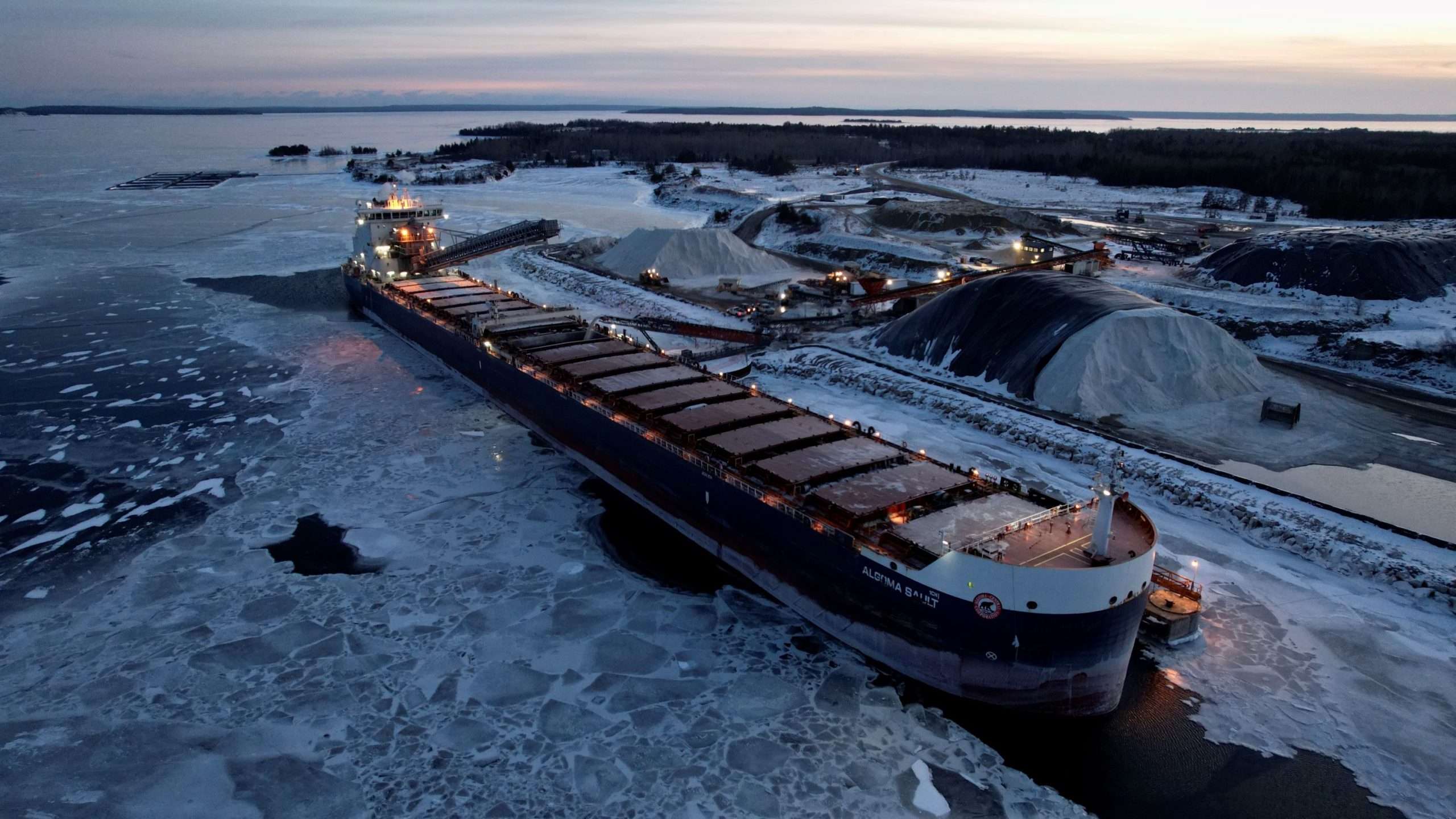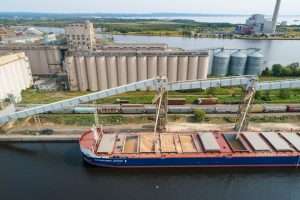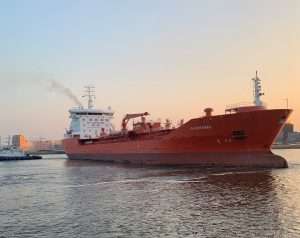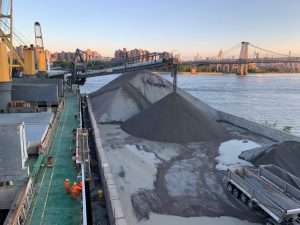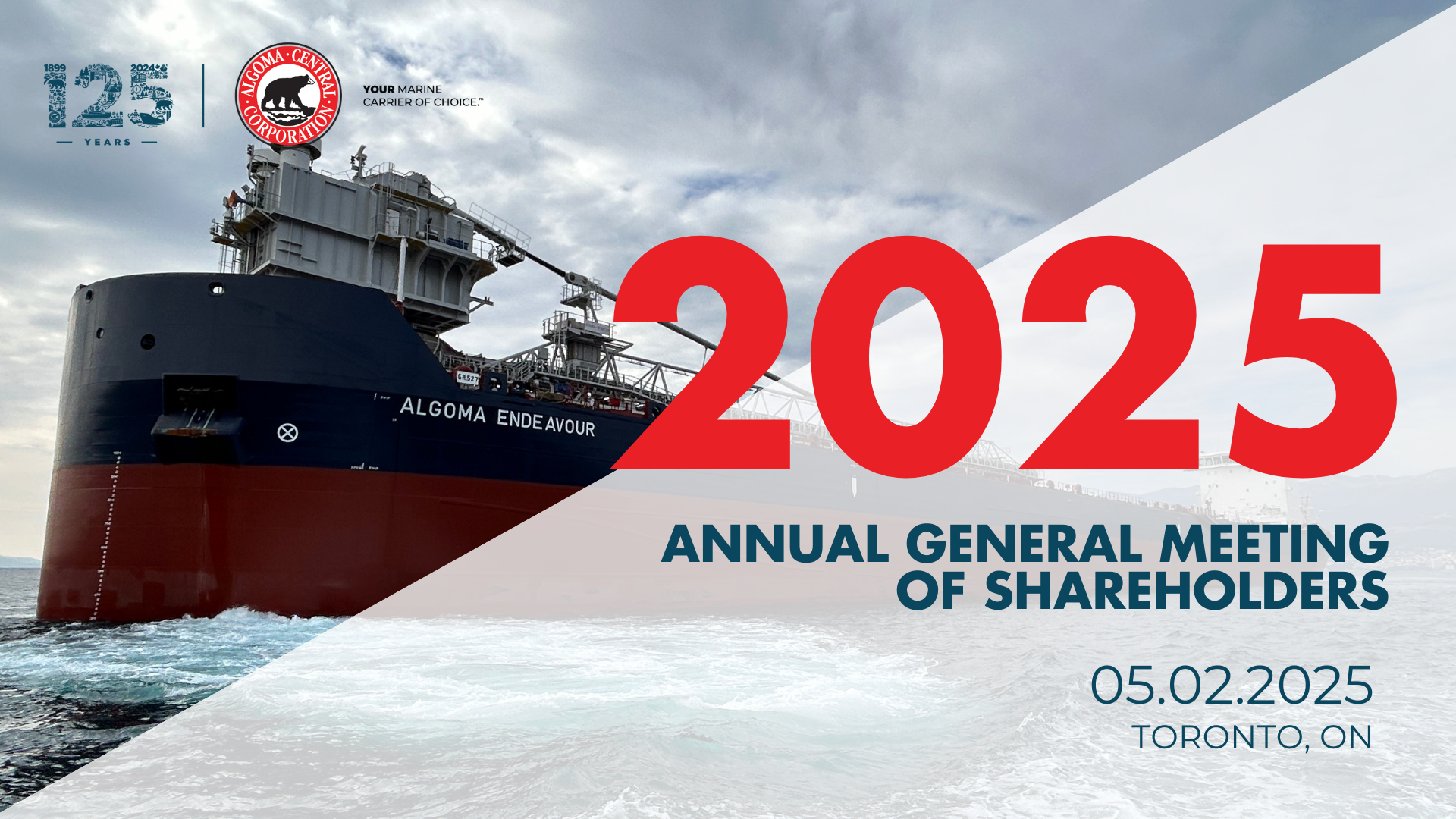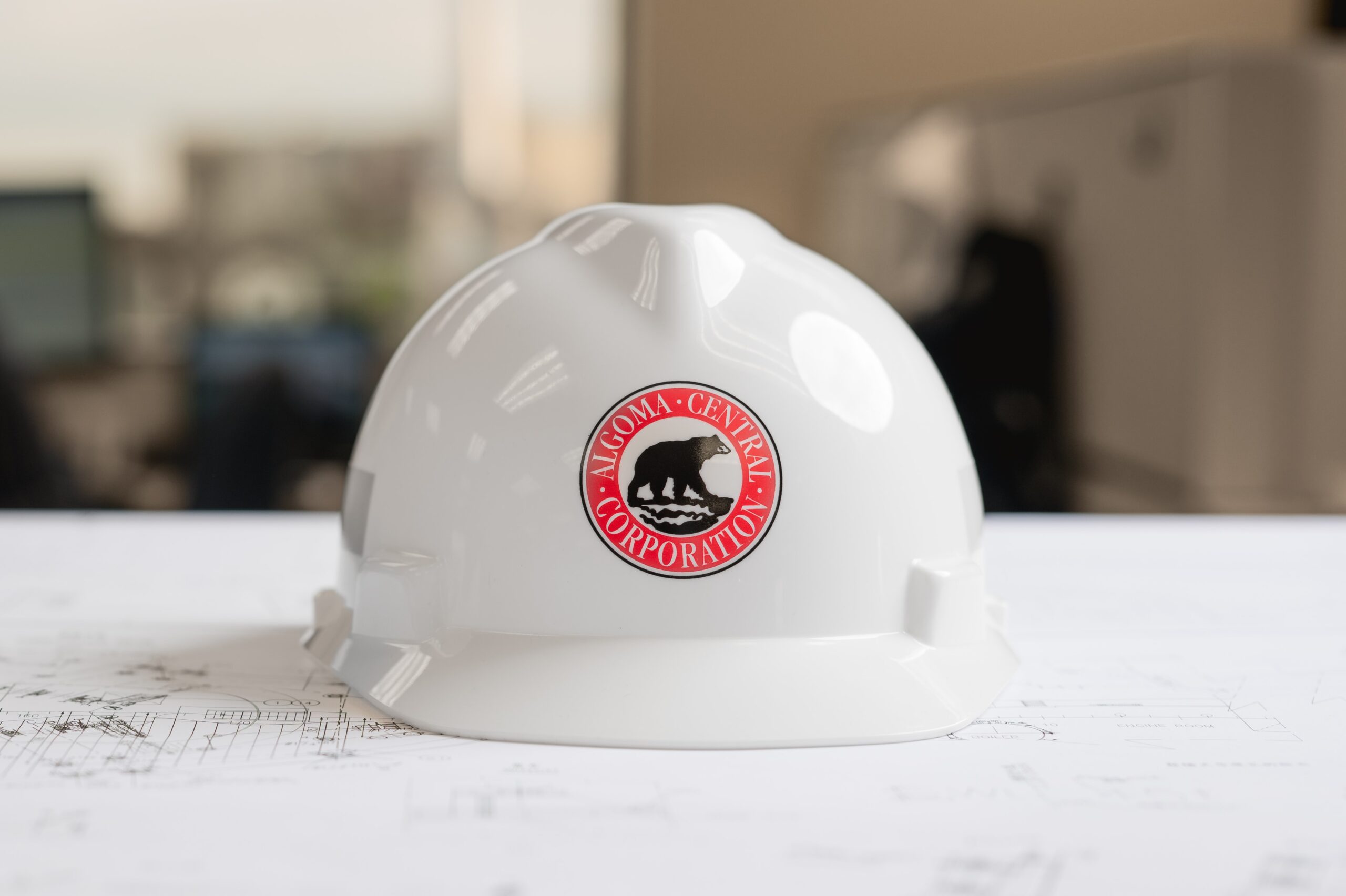Harnessing water as a mode of transportation has remained an integral part of our lives for millennia. Canada’s extensive maritime shipping operations along the Great Lakes and St. Lawrence Seaway boasts a rich heritage that traces its origins back to the 18 th century. Over the course of this long history, some myths and misconceptions have woven themselves into the fabric of the industry’s narrative. To dispel these long-standing misconceptions and provide a more accurate depiction of life both on and off the water, we have curated a list of the top 5 myths surrounding the marine industry in Canada.
- All marine jobs are on ships: Contrary to a common misconception, the marine industry isn’t confined solely to roles onboard ships; it encompasses a wide array of job opportunities ashore as well. Our shoreside positions span various areas such as environment, technical, operations, information services, human resources, marketing, and finance. In the case you do prefer a career at sea, there are many roles to explore, from able seafarer, mates, and captains to chief cooks, engineers, and chief engineers. Whether you’re honing your culinary skills as a chief cook in the galley, tending to the large machinery in the engine room or manning the helm in the wheelhouse, every position presents abundant prospects for professional growth and personal development.
- Only for those with a maritime background: You don’t need a family history in marine to join the industry. Many individuals from various educational and professional backgrounds can find rewarding careers in the marine sector. There are several marine schools across Canada that will train you for a career in the marine industry. Once you complete the necessary program requirements, we will help you continue that training as far as you want to take it. Do you love solving problems, being innovative and working with your hands? Marine engineer would be a great career choice. Or do you want to run your own kitchen, create your own menus, and help fuel people’s motivation for the day? Consider being a chief cook onboard a marine vessel.
- You work onboard for extended periods of time: In the past, seafarers often endured long stretches onboard vessels, dedicating extended periods of their lives to their work at sea. However, in today’s evolving maritime landscape, the significance of achieving a healthy work-life balance has gained prominence. Recognizing that extended stays on a ship can be challenging for most individuals, we are committed to prioritizing our crew’s well-being. To this end, we make every attempt to harmonize with personal schedules and offer flexible leave systems, ensuring that our seafarers can maintain a fulfilling balance between their professional responsibilities and personal lives. Learn more about life on board on our Careers page.
- Marine industry careers are only for men: Historically, the marine industry was a male-dominated field, but there is growing diversity onboard. Many women are pursuing successful careers as seafarers and in various onshore positions. But there are still significant gaps for women in seafaring positions with only 3-7% of onboard positions are being filled by women in Canada. At Algoma, we are committed to providing an equitable and inclusive environment to all employees. Our focus is to support women in continuing to remain in the maritime industry and help them progress into management/officer positions. So come on and #sailwiththebear, there is a rewarding marine career waiting for you!
- The industry is old-fashioned and isolated from technology: Despite occasional economic downturns, the marine industry remains crucial to global trade and transportation. It adapts to changing demands, ensuring its continued relevance and success. The marine industry has embraced technological advancements like fuel monitoring, alternate fuels, advanced navigation systems, and data analytics, to improve efficiency, safety, and sustainability. At Algoma, we recently installed StarLink Maritime across our domestic fleet enabling our crews to stay connected with dedicated wi-fi that has increased speed and reliability. To learn more about our advancements visit our Sustainability page.
By gaining a deeper insight into the marine industry’s dynamics, we can effectively debunk these misconceptions and offer a more precise portrayal of its significance and the opportunities it holds. The marine industry is undeniably remarkable; it plays a pivotal role in the foundation of our economy by facilitating the movement of the raw materials that move us forward.

